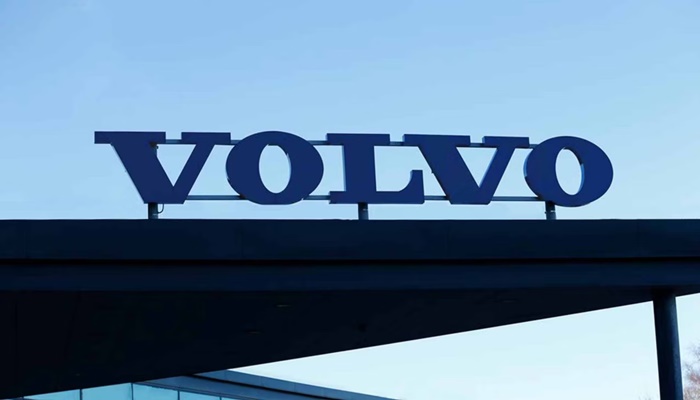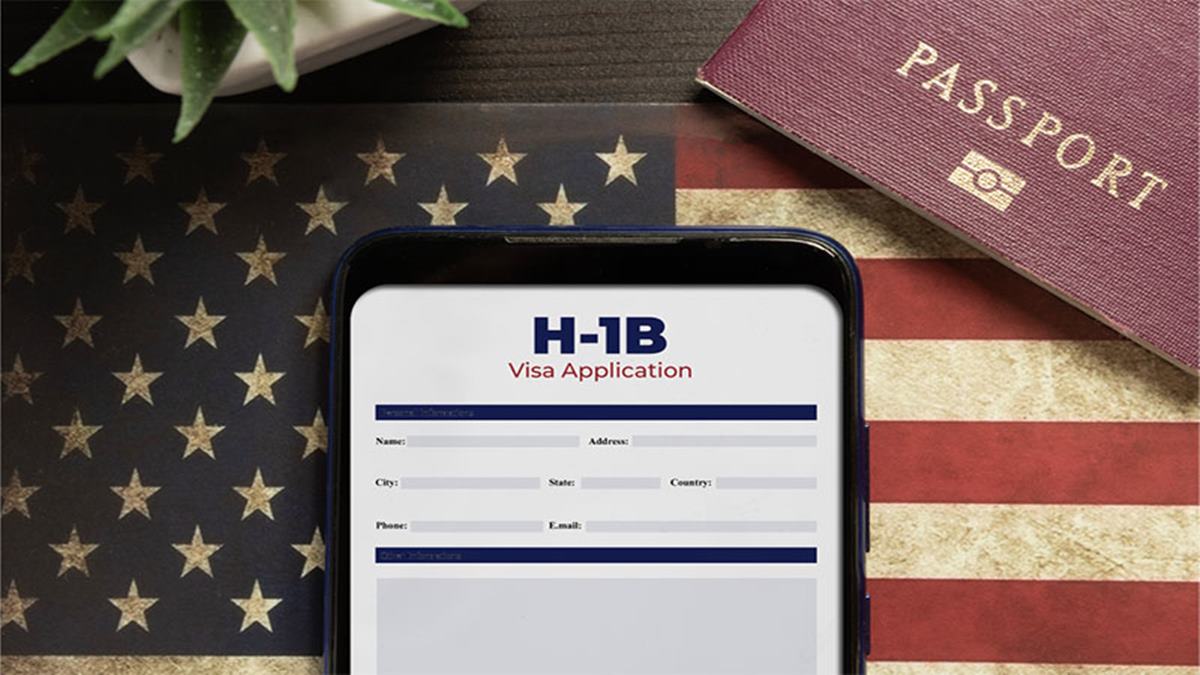After the intensifying talent war in the AI sector, Google CEO Sundar Pichai has broken his silence, addressing concerns about high-profile employee departures from the company’s AI research division. During Alphabet’s Q2 earnings call, Pichai acknowledged the aggressive recruitment tactics of competitors like Microsoft, Meta, and OpenAI to lure top AI experts away from Google DeepMind division, relying on attractive compensation packages.
Despite the headlines, Pichai expressed confidence in Google’s ability to retain talent. “I do know individual cases can make headlines, but when we look at numbers deeply, I think we are doing well through this moment,” he stated. He also highlighted that Google’s internal metrics on both employee retention and new talent acquisition are ‘healthy.’
High salaries not enough for top AI researchers
In the earnings call, Pichai highlighted that compensation is not the only factor driving researchers’ career decisions. He pointed out that access to computing facilities is crucial, with researchers being motivated by the opportunity to work at the cutting edge of the field.
“Researchers want to be at the frontier driving progress… the mission and how state-of-the-art the work is matters,” said Pichai, highlighting Google’s commitment to providing a tempting environment for innovation.
The AI sector is presently eyeing the best talent and luring them with exceptional compensation packages. Mark Zuckerberg’s Meta dominated the headlines by offering industry-leading salary packages to top AI researchers for creating the Meta Superintelligence Labs (MSL). Microsoft and OpenAI were also reportedly poaching employees from rivals to further their lead in a bid to stay ahead of the race. Such is the competition that Google’s India team ended up poaching one of its employees for a role in the same office!
Pichai leads Alphabet to cross $3 million market cap
Alphabet has officially become the fourth company to reach a $3 trillion market capitalisation, thus joining an exclusive club that includes Apple, Microsoft, and Nvidia. This milestone is said to have been driven by two key factors: a favourable antitrust ruling and renewed investor optimism due to the company’s focus on artificial intelligence (AI).




















